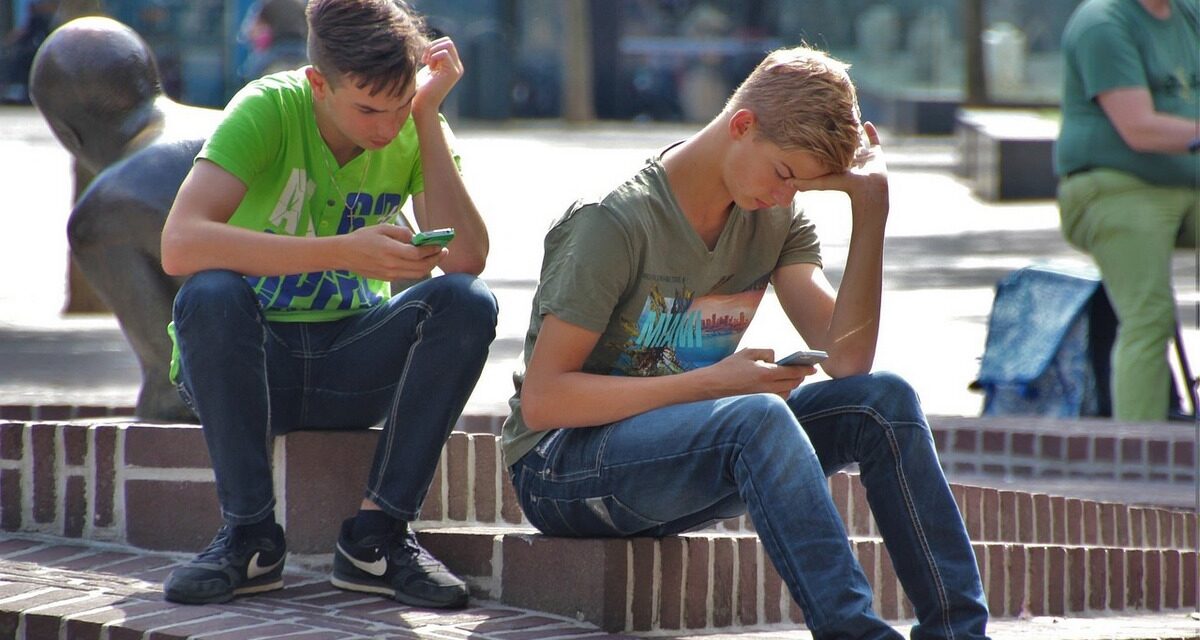Starting in September, students must return their smart devices to school before classes begin. Clinical psychologist Melinda Hal, head of research at the Learning Research Institute, explained to hirado.hu why the use of smartphones at school is harmful, and how limiting it can help children learn and preserve their mental health.
According to Melinda Hal, there are clear scientific and psychological reasons for limiting the use of smartphones in schools. According to the specialist, inappropriate and excessive use of devices negatively affects cognitive abilities.
"Students' attention has deteriorated a lot, which means that the amount of time a child can pay attention to the curriculum has drastically decreased. We also see that the use of language is deteriorating. This is a big problem because language and thinking develop at the same time. Logical lines and symbolic thinking help navigate the world. In addition, text comprehension also deteriorates rapidly.
Competence surveys have shown that this drastic deterioration begins when an average Hungarian student receives a smartphone. In Hungary, this can be done around the fifth grade of elementary school. At the time when the age of changes in the children's lives arrives.
That is why it is especially important that mobile phone use does not distract the child's attention at school," said the clinical psychologist.
According to Melinda Hal, when children enter early adolescence and their hormonal changes begin, closer relationships begin to develop between them, and when they have smartphones, they become more and more active on social media. In addition, the development of addiction to smart devices can also be seen among the very young.
The research leader of the Learning Research Institute pointed out that the role of parents is vital in the issue, since the government decree alone does not solve the entire problem,
the key lies in conscious parenting and continuous control. However, this process can only work effectively if parents are aware of the illusions associated with smartphones.
"It is an illusion that our child is safe if he has a smartphone, especially at school. It is common for parents to call their child during school hours to see if he has eaten his lunch. This kind of over-anxiety on the part of parents prevents children from developing their own conflict management strategies and from feeling their own competence in certain matters," said Melinda Hal, who thinks it is important to highlight that the government decree is only about limiting personal screens, as they are a significant , they cause a significantly higher than normal increase in dopamine (hormone of happiness) for the students, thereby making all other educational activities more boring and uninteresting.
"Adolescents' brains are affected more strongly by dopamine, and even more so by the smart device in their addictive case, than in the case of mature brain structures. It is important to note that
personal screens not only distract students while they are in use, but also when they are close to them.
Therefore, it is not enough to put smart devices in the school bag, it is necessary to collect them upon entering the institution and store them locked away" , explained Melinda Hal, and highlighted that the stimulus dumping from personal screens triggers a completely different nervous system process than when students look at a school projector during class.
"The trend in several schools is for students to receive lessons or any task related to school and performance on social media. We urgently need to change this, as we have the appropriate platforms for this, and the Ministry of Education is constantly working on the introduction of similar technological achievements. It is extremely good that the students can receive visual and audio material in addition to the teacher's explanation and watch a projector together. It is a completely different nervous system process, and it is indeed a learning tool, but the learning methodology still needs to be learned. The old and new methods must complement each other in modern education systems," said the clinical psychologist, adding that the results of global competency surveys prove that
the later children get smartphones in their hands, the better.
According to Melinda Hal, it is very important to have the right level and amount of communication with the children, and if necessary, feel free to ask for help on how to talk to them about this topic.
Author: Tamás Untermayer / Source: hirado.hu
Photo: Pixabay













